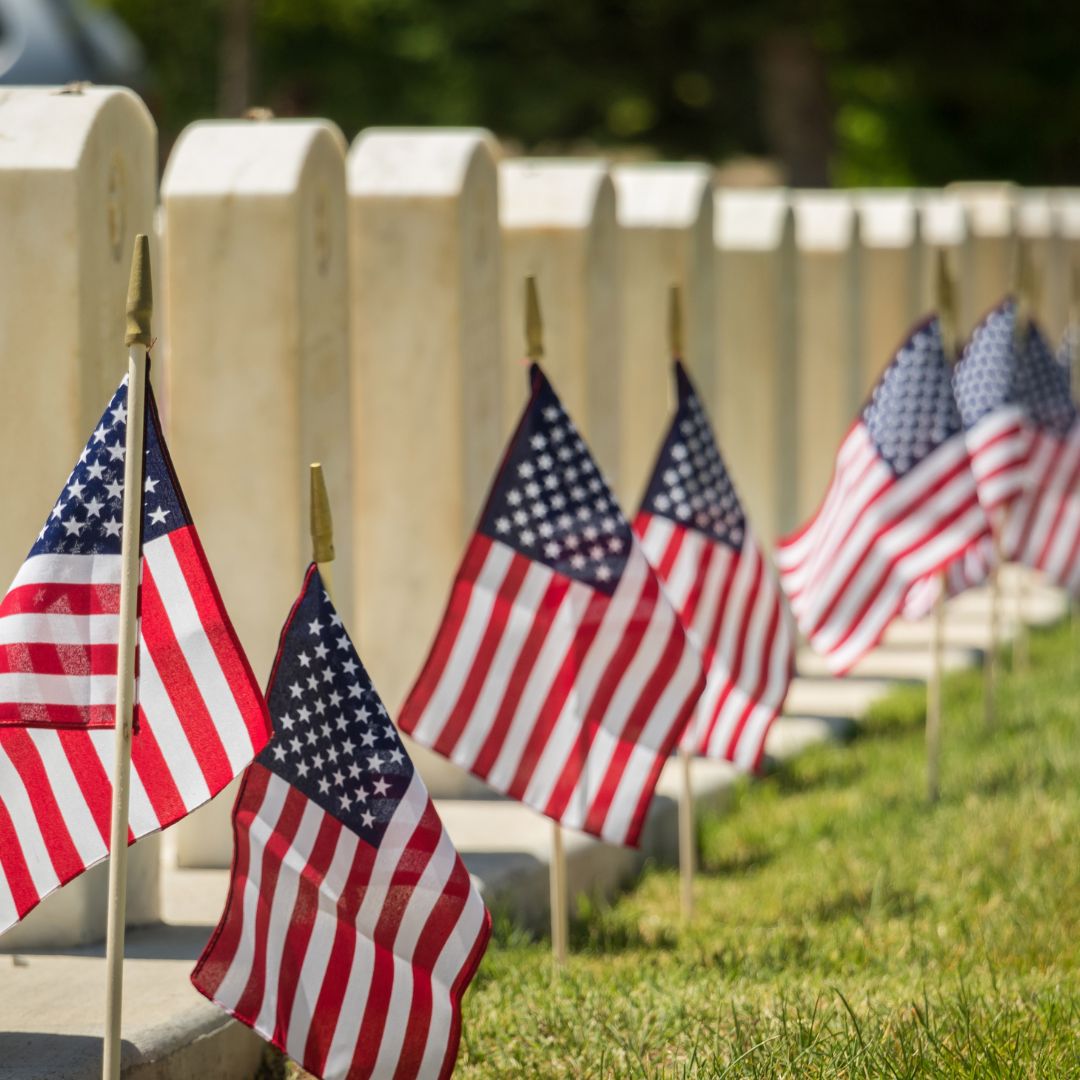
Right out of high school, at the age of 19, Janos “John” Lutz enlisted in the Marine Corps. His goal and wish – defend his country in the aftermath of 9/11 from the front lines.
Lutz’s wish came true. He was deployed to the Iraqi front lines, and was front and center in The War on Terror.
Janine Lutz [John’s mom] recalls the first time that her son called her from the war zone. He was solemn as he told her what he had seen that day — a car bomb explosion. “We were the first to arrive at the scene. Body parts were everywhere,” her boy said, guarded as he recounted some of the details. He said he was OK, that this was all part of his service. He was now a Marine, and this is what Marines do. But at the end of the call, just before hanging up, he suddenly lowered his voice to barely a whisper, so soft that no one could overhear.
“Be careful what you wish for,” he said under his breath.
John Lutz completed his deployment to Iraq and was then sent to Afghanistan. What he witnessed in Iraq was incomparable to what Afghanistan had in store for him. During that assignment, his best friend Lance Cpl. Charles Sharp was killed and bled to death while in the arms of Lutz and his fellow Marines.
A year later, Lutz returned to the US and suffered from severe PTSD as a result of gruesome carnage memories, and lived in constant pain from a battlefield explosion.
At Camp Lejeune, N.C., he was prescribed an assortment of drugs. By the time he returned home to Davie, Florida, he had tried to kill himself — and he was addicted to anti-anxiety medication. He tried to wean himself off the drugs, and for a brief time, it appeared he was on the road to recovery. But 18 months later, in January 2013, he overdosed on morphine and a powerful sedative, leaving a note on his bedroom door that said “Do not resuscitate.”
He was 24.
His mother, Janine Lutz, founded the Cpl. Janos V. Lutz Live to Tell Foundation, which offers programs for veterans with PTSD, and helps connects vets to other type of service members who suffer from PTSD.
It wasn’t until after her son died that Janine learned that VA doctors were prescribing her son a cocktail of drugs so common that members of the military community she spoke to had come to call the therapy “Zombie Dope.” One pill helped him sleep. Another relieved pain. Another pill was for anxiety. Another was for his depression. The VA prescribed benzodiazepines, which his own medical chart indicated he was not to have. One of the withdrawal symptoms of benzodiazepine is suicide ideation.
“It is just criminal the way the VA gives our veterans a pill for every symptom. For them the answer to their problems is a pill — instead of getting to the root of the problem.”
After returning home from war, countless soldiers suffer from the invisible injuries of PTSD (Post-Traumatic Stress Disorder) and TBI (Traumatic Brain Injury). Many states recognizing the need to understand and better treat veteran suicide are providing funding for community-based programs.
“We are getting away from medicines and now we have other therapies. We have hyperbaric oxygen treatment, canine warriors, equine therapy, light-sensitivity therapy. We are now using non-traditional ways of addressing the issue and there’s been some success in that.” [Steve Murray, spokesman for the Florida Department of Veteran Affairs]
Read more at WINKNEWS.COM
#IwasLutz
